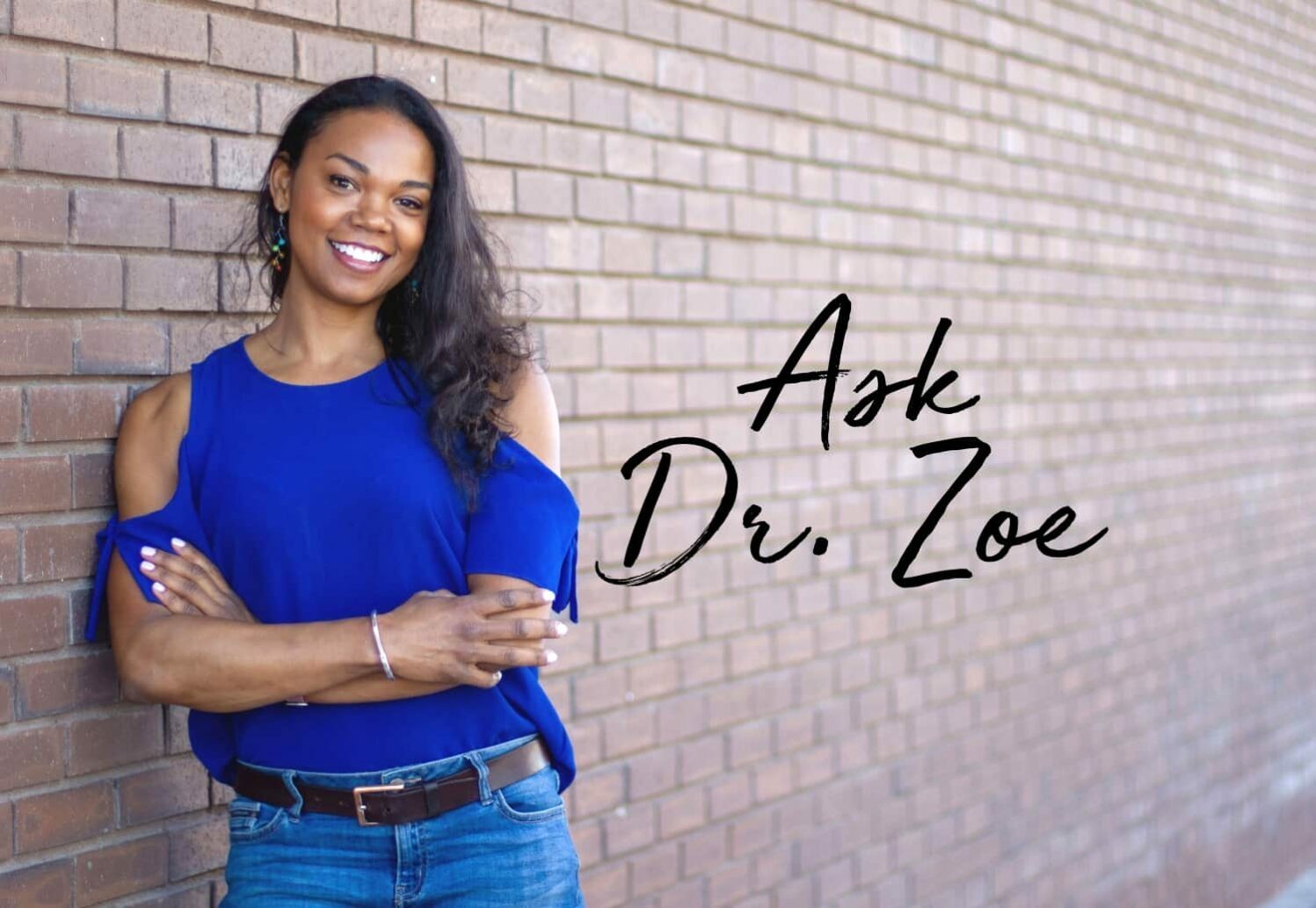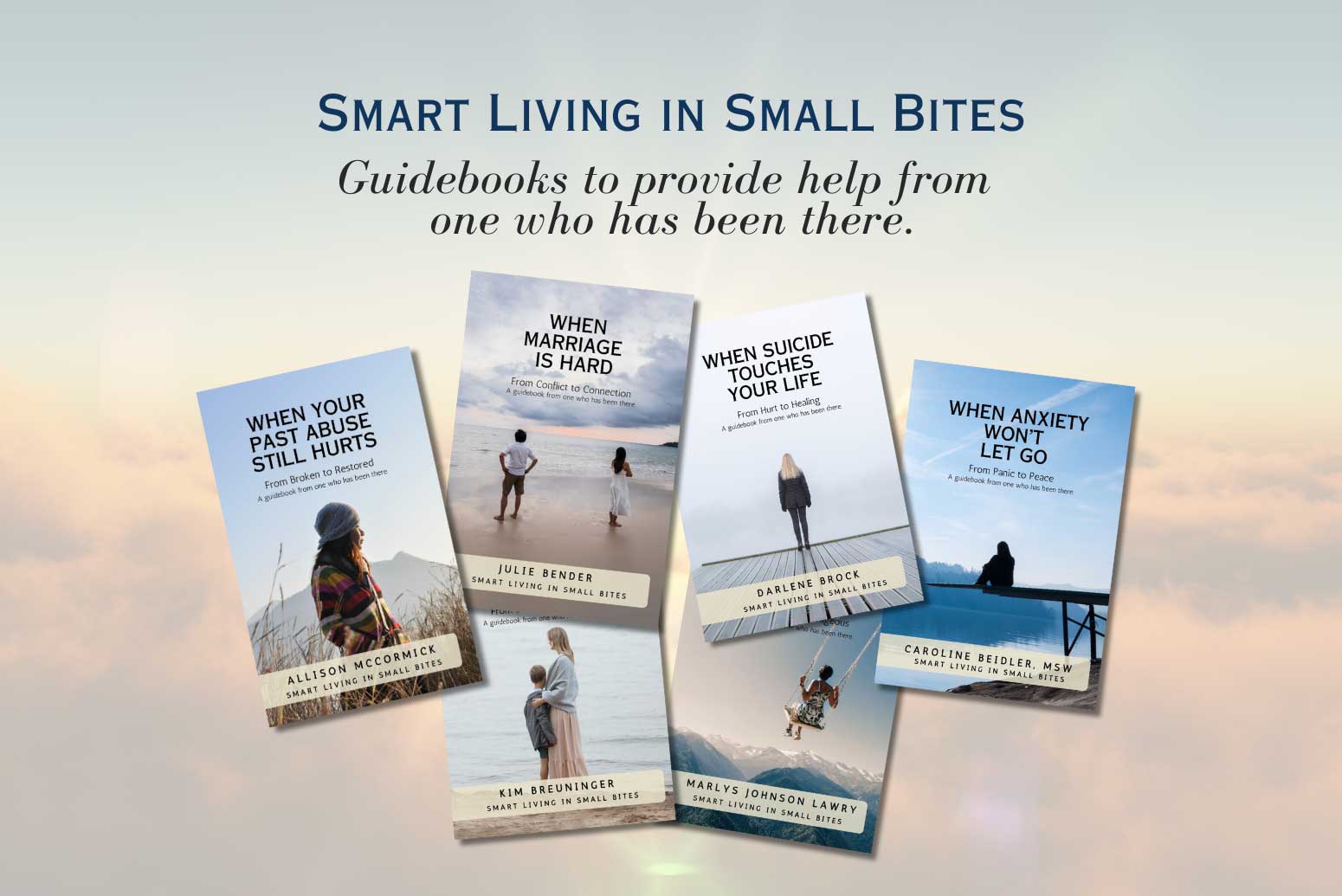I am an extremely fortunate mother to have two grown daughters whom I love dearly and go figure, they love me too. What’s even more amazing is that in this tenuous-relationship world in which we live, we like each other as well. They are both equally unique, incredibly strong, and on many days have provided me with a wealth of entertainment. But even more importantly, they are reminders of what’s important in life.
My younger daughter has always had a river of emotion that runs deep. Her optimistic and lighthearted temperament at times eclipses the passion she holds deep in her heart. It’s not always obvious, but when it surfaces it comes out like a flood.
On her seventh birthday I discovered she was missing at the end of her festivities. Knowing there was meaning behind this disappearance, because she really did love a party, I went to find her.
I discovered her in her room, face down on the bed’s comforter weeping. These were not the tears of an injury, anger, or even seven-year-old disappointment. As I slid onto her bed, wiping the tears from her sweet face, I began the process of trying to unwrap the feelings this child was dealing with.
After multiple questions, several mumbled responses, and the mild subsiding of tears, I finally got one sentence that stated exactly what her problem was: “A year is gone and what have I done with my life?”
To say I was floored would have been an understatement. She was seven years old! What she was supposed to do was go to school, do her chores, play with her friends, and not eat too much junk food. But my daughter, even at this young age, cared passionately about making a difference in this world, and that moment reminded this grown-up mother that I should consider her question too.
But even more importantly, my children are reminders of what’s important in life.
But, is it even a realistic goal? Are we truly able to make a difference in the troubled, frustrating, and busy world we find ourselves in? I believe we can. Looking to the catalyst of the greatest disruption of the status quo, the Bible, you discover many who did.
In the first chapter of Acts, there were 120 people assembled, including the disciples, who had walked with Christ. It was shortly after his death and resurrection that this small group gathered to wait for the Helper they were promised. The one who would give them the power they needed to fulfill their greater purpose.
A gathering of 120 really isn’t very large. A university classroom or a movie theater often seats 120. This room held individuals from various backgrounds, economics, and temperaments. Both men and women, all called “believers.” They had chosen to follow this man, named Jesus, who lived without a home. Having seen him, they were now certain he had risen from the grave.
Those named in attendance included his disciples—11 because one was missing, Jesus’ betrayer, Judas. Also present were “the women” who travelled with the disciples while accompanying Jesus in his life, Mary the mother of Jesus, and his brothers. There is no mention of a ruler, leader, or anyone of importance. There may have been some present, but as is often demonstrated throughout the Bible, what is deemed important in this world is not so in God’s perspective.
The leader of the assembly was Peter, a fisherman who worked with his hands. Also, he was a man who had turned his back on the teacher he followed while he was giving his life. They were not a gathering of special people; this was a gathering of those whose only description was that they believed.
…what is deemed important in this world is not so in God’s perspective.
It seems they needed to be together, first because they are instructed to go back and wait. But I also believe in this heart-tender time they needed one another as well. They devoted themselves to prayer, asking and waiting for the power they would receive to fulfill the task at hand. Also, to determine who would be chosen to replace the twelfth disciple. For 40 days this group gathered, waiting and praying until the day of the Holy Spirit’s arrival.
These 120 could not have anticipated the effect of their lives. They could not have imagined the spread of their faith throughout Israel. Nor predict that many in the countries surrounding them would surrender their hearts to faith in their God. What would have been even more unthinkable to them is that they would one day see believers in the country that held their entire nation under its political and military control, Rome.
They would have been understandably amazed at the believers who followed them through the 2000 years of history since. The ones who in their era joined this family of faith to make an impact on the world. Those original 120 believers left the world different than than it was when they entered, and the ripple effect continues with an estimated 2.2 billion Christians today.
Looking back gives us the perspective of the impact a few individuals can make, but does it also give us hope? It should. In many and varied ways our lives can make the world better than it was when we entered it too. Enabling us to end each year recounting what we have done rather than pining over what we haven’t.
Making a difference is most naturally accomplished when our actions are saturated by the faith we hold and when we reflect the compassion of our faith.
Returning to the Bible, the source we use to learn of the influential lives gone before us, we find ways in which we can also make a difference in this world:
When another is hurting, and the life challenges they face are so weighty that they are impossible to carry alone: “Carry each other’s burdens, and in this way you will fulfill the law of Christ” (Galatians 6:2).
When we demonstrate the love that is given to us by the God who gave all, laying our selfishness and self-preservation aside: “Give to the one who asks you, and do not turn away from the one who wants to borrow from you” (Matthew 5:42).
When we offer love instead of judgment and strength instead of disdain as we watch those around us making harmful and destructive choices: “We who are strong ought to bear with the failings of the weak and not to please ourselves” (Romans 15:1).
When we show love toward God by recognizing a need and using every resource we have and every talent we possess to meet it: “For I was hungry and you gave me something to eat, I was thirsty and you gave me something to drink, I was a stranger and you invited me in, I needed clothes and you clothed me, I was sick and you looked after me, I was in prison and you came to visit me” (Matthew 25:35).
There are countless needs to be met, lives that need a helping hand, a compassionate heart, a strong shoulder. In our families, our community, and our world. When we are the people whose faith becomes action, our faith comes alive, creating the greatest impact we can offer. “What good is it, my brothers and sisters, if someone claims to have faith but has no deeds? Can such faith save them? Suppose a brother or a sister is without clothes and daily food. If one of you says to them, ‘Go in peace; keep warm and well fed,’ but does nothing about their physical needs, what good is it? In the same way, faith by itself, if it is not accompanied by action, is dead” (James 2:14-17, NIV).
It is when we choose to make this difference that we are given the opportunity to share the source of our compassion and strength with others. The love that was so generously given to us is the love that we have the privilege of offering to others.
So the answer to whether or not our lives can make a difference is yes. When we have the desire to do something with the life we are given and act upon it, leaving this world better than it was when we arrived, then we will accomplish this task.
When we are the people whose faith becomes action, it comes alive, creating the greatest impact we can offer.
—
You’ll also like What Love Is This?, You’re a Piece of Work, but There’s Grace for You, Can God Use Messy People? (Video), Chutes and Ladders—Are You Trying to Work Your Way to God?, and How to Read Your Bible: For Beginners
#gritandgracelife












